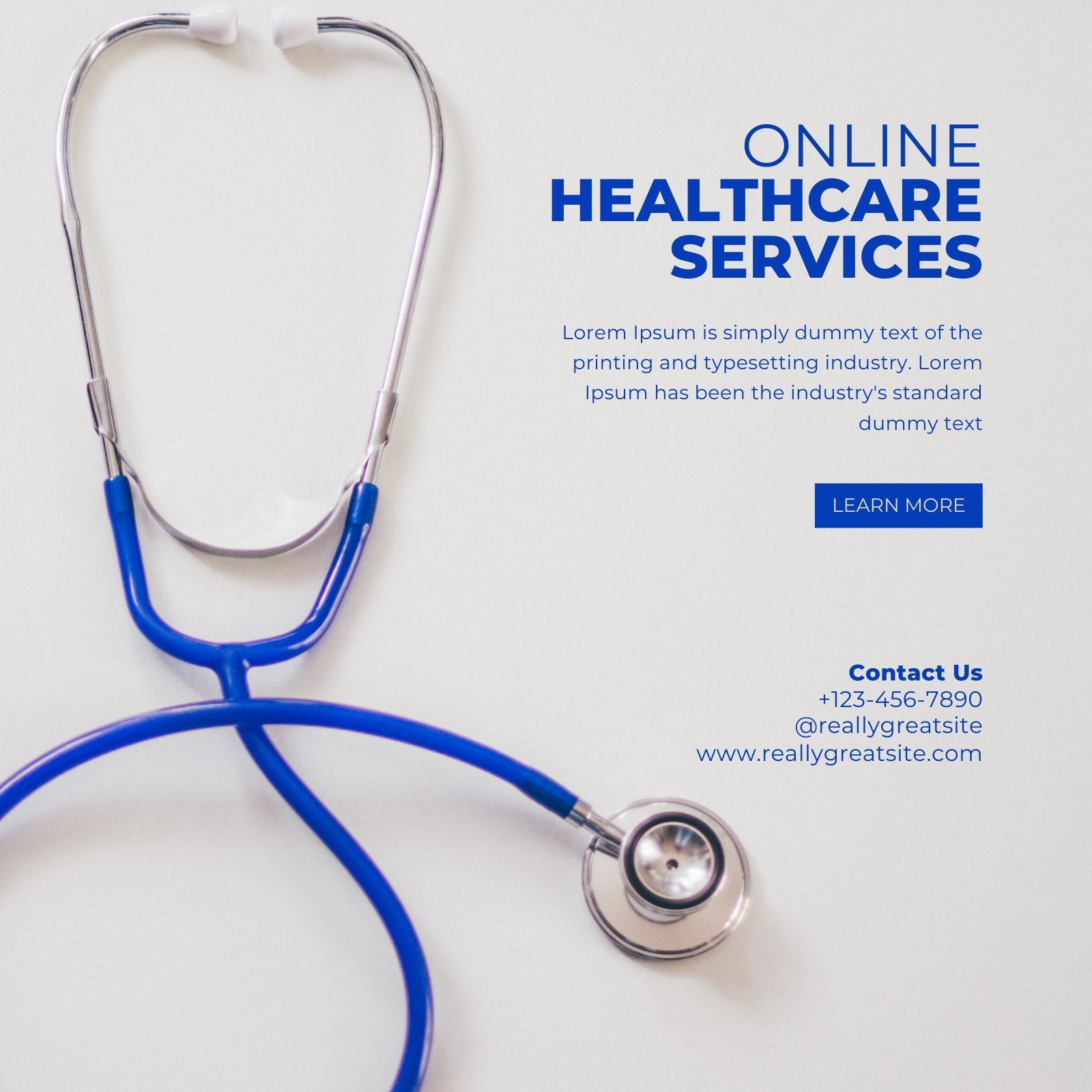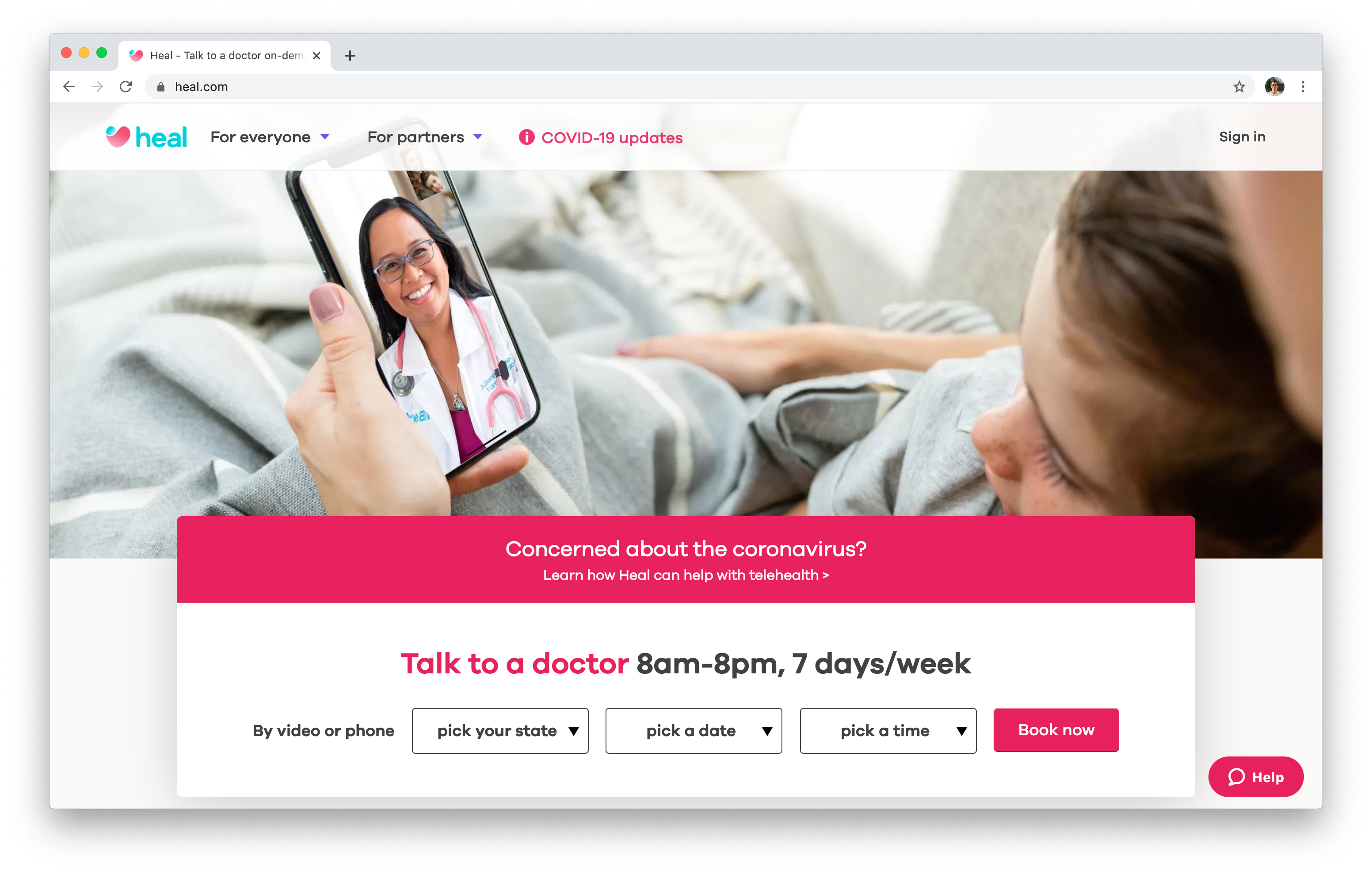How Subscription Based Healthcare is Changing Patient Accessibility to Services
How Subscription Based Healthcare is Changing Patient Accessibility to Services
Blog Article
The Rise of Subscription-Based Healthcare and Its Influence on Client Care
As healthcare develops, the subscription-based design is acquiring traction, promising to transform client treatment by using predictability and access. These designs, which bypass conventional insurance policy, can redefine the patient-doctor dynamic, emphasizing precautionary and customized treatment. Yet, similar to any technology, they present obstacles, specifically worrying equitable access for all socioeconomic groups. The potential for these designs to improve medical care shipment raises pushing questions regarding their long-term sustainability and inclusivity. Are these registration solutions the future of medical care, or do they run the risk of leaving susceptible populaces behind? The complexities of this shift warrant a more detailed examination.
Understanding Subscription Health Care Designs
Understanding the idea of membership health care designs entails analyzing a transformative method to medical solutions that highlights affordability and accessibility. These versions, often referred to as direct key care (DPC) or attendant medicine, have become ingenious options to conventional fee-for-service health care systems. Subscription healthcare permits people to pay a fixed monthly or yearly fee for a defined set of medical services, which might consist of unrestricted office visits, regular examinations, and basic lab examinations, without the requirement for traditional insurance policy billing.
The framework of membership healthcare models is created to improve individual care by getting rid of third-party payers and complicated invoicing codes, therefore reducing management burdens. Doctor can focus much more on individual treatment, cultivating stronger patient-provider partnerships. This model likewise promotes preventative treatment by urging routine check outs, as the financial challenge of per-visit costs is eliminated.
The membership design commonly encourages doctor to take care of smaller sized person panels, permitting even more personalized care. It aligns monetary rewards with client health end results, as providers are encouraged to maintain person complete satisfaction and wellness. Generally, recognizing membership healthcare models needs recognizing their prospective to reshape how treatment is provided and accessed.
Advantages for Carriers and individuals

With a stable earnings stream, medical care specialists can devote more time to each individual, leading to a much more individualized and complete care experience. The emphasis on precautionary treatment within subscription plans can lead to better client results and reduced long-lasting medical care expenses.
Challenges and Issues
While subscription-based medical care models present various benefits, they additionally come with a set of difficulties and worries that must be dealt with. This raises ethical concerns about equitable accessibility to medical care services.
Financial sustainability of subscription-based models is another worry. Suppliers need to stabilize the fixed earnings from registrations with the variable expenses of health care solutions, which may fluctuate as a result of unforeseen medical demands. This can create stress to limit solutions or increase charges, possibly impacting client fulfillment and care quality.
Additionally, governing oversight of subscription-based medical care models is still evolving. Dealing with these difficulties is critical for the equitable and effective application of subscription-based healthcare.
Effect On Patient-Doctor Relationships
One substantial effect of subscription-based health care designs on patient-doctor connections is the potential for boosted continuity and individualized care. By adopting a membership model, physicians can handle a smaller sized client panel, permitting even more devoted time with each individual. This boosted schedule cultivates a deeper click to investigate understanding of a client's clinical background, way of life, and preferences, allowing extra tailored treatment strategies and treatments.

However, it is vital to identify that while subscription-based models might profit those who can manage them, they might unintentionally widen medical care differences. Patients that are unable to take part in these designs could experience reduced access to personalized treatment, possibly affecting their relationships with doctor. Therefore, while the subscription version provides appealing advantages for patient-doctor relationships, it additionally positions obstacles that need to be resolved to make certain fair health care gain access to.
Future of Health Care Access

The role of technology can not be neglected in this transformation. Telemedicine systems and electronic health and wellness records help with seamless communication in between patients and health care suppliers, breaking down geographical and logistical barriers. Furthermore, advancements in man-made knowledge and information analytics can additionally personalize treatment by predicting individual needs and optimizing therapy plans.
Nevertheless, the future of medical care gain access to additionally offers challenges, such as ensuring equity throughout different socio-economic groups. Policymakers and healthcare companies have to work together to bridge the digital divide, making sure that subscription-based models remain economical and inclusive. As these systems grow, they hold the promise of making health care more easily accessible, reliable, and patient-centric.
Conclusion
Subscription-based medical care models are reshaping patient care by supplying a This Site secure price framework and enhancing access. These versions reinforce patient-provider connections with individualized treatment and regular check outs, emphasizing preventative health. Despite these benefits, difficulties such as ease of access concerns for low-income populaces and the demand for fair medical content care remedies continue. The surge of subscription-based medical care motivates proactive person engagement, which has the possible to enhance individual results and contentment, signaling a transformative shift in medical care shipment.
As healthcare progresses, the subscription-based version is gaining traction, promising to change person treatment by providing predictability and access.Subscription-based healthcare models supply distinctive benefits for both individuals and providers, improving the overall health care experience.As health care systems evolve, the future of healthcare gain access to regularly pivots on the combination of cutting-edge models and technologies.Subscription-based medical care models are reshaping patient care by offering a steady cost structure and enhancing availability. The increase of subscription-based medical care urges proactive individual engagement, which has the possible to boost patient results and fulfillment, signifying a transformative shift in medical care delivery.
Report this page